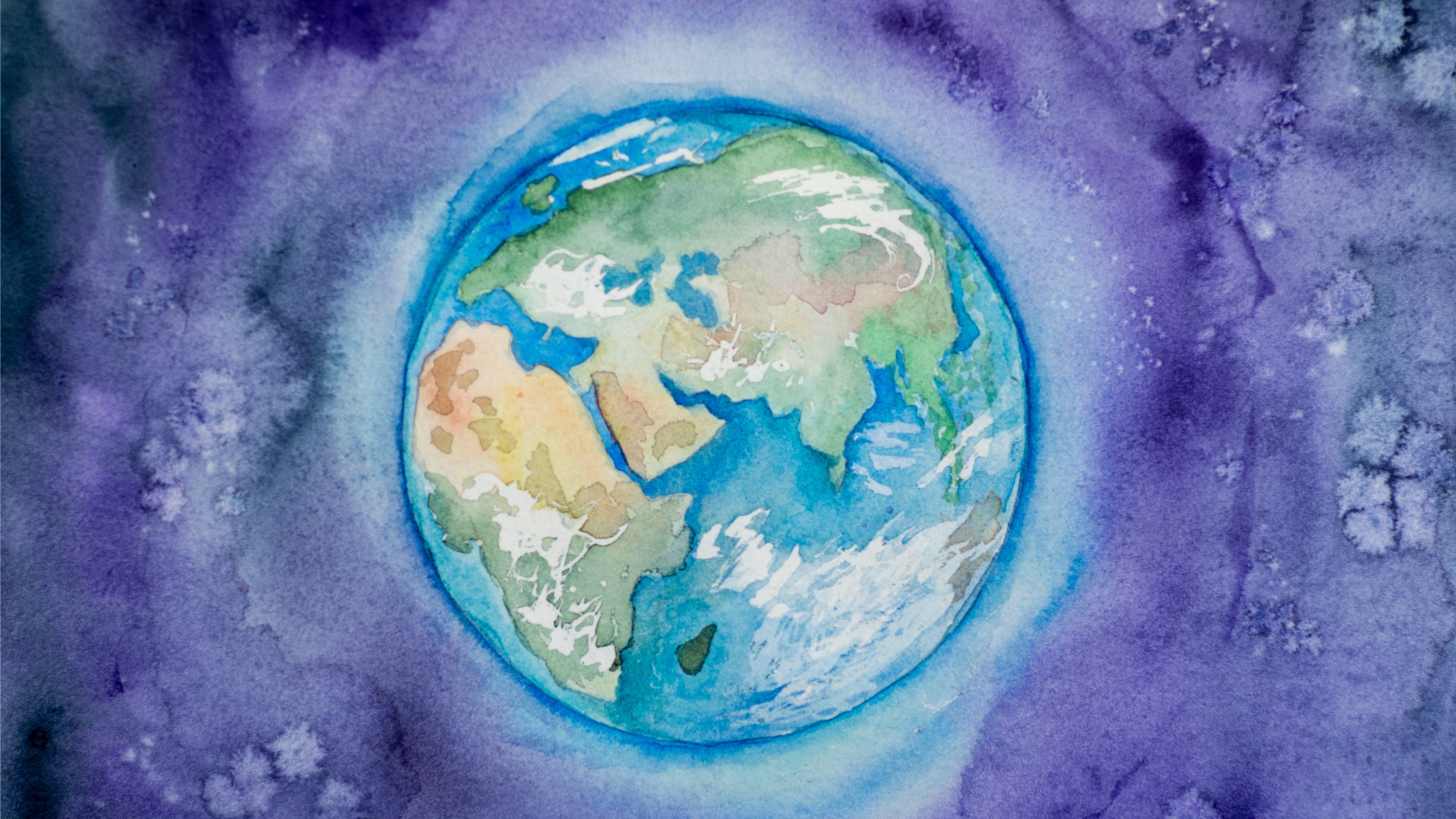Sydney Business InsightsSydney Business Insights,
text

The road to becoming a Global Citizen
Undertaking an international management degree during COVID-19 deprived students of many opportunities that flourish outside the classroom due to the collegiality of campus life. However, the universality of the pandemic experience also forged a strong realisation of their shared destinies as emerging citizens and professional leaders.
The following statement is the collective expression of students from the Master of Management (CEMS) at the University of Sydney Business School (Semester 1, 2021) regarding the values that should be affirmed by those aspiring to the status of Global Citizen. CEMS is a global alliance of leading business schools, multinational companies and NGOs and the students are from member schools around the world.
These principles emerge from the students’ learnings of how to actively engage with the UN’s 17 Sustainable Development Goals across their professional lives. Their expression also arises from their various experiences of the pandemic contributing to a singular vision of how we can strive to uphold universal human values while respecting individual and collective differences.
Being good ancestors
We believe that a good Global Citizen values cultural empathy, diversity, and dignity through understanding the differences across cultures and belief systems. Global citizenship means collectively working towards the same goal and holding the same vision about a more diverse and inclusive world – regardless of nationality, race ethnicity, and other forms of cultural identities. It is imperative to be capable of seeing life through the eyes of others as well as recognise and value the differing views sincerely held by other people.
At its essence, a global citizen can emphatically understand other peoples’ feelings and perspectives.
As global citizens in a world of complex issues and relations, it is our duty to be cautious, critical, and well intentioned in our interactions with our social and ecological environment. More often than not, our daily decisions factor into irreversible changes to our environment whether for good or bad: things we buy into may unintentionally support deforestation or other forms of damage to the environment, or the exploitation of marginalised communities. Our social behaviour sets an example in how to interact with people who are different from ourselves, either promoting or minimising the marginalisation of them.
We need to be conscious that sometimes our decisions have the power to make a substantial difference to another person, even a whole community, perhaps at the cost of a personal sacrifice.
The quintessential element in global citizenship is the desire to improve the lives of everyone through progress. Today, technological advances have enabled us to connect with everyone and in some ways to live better lives. On the other hand, it has also given rise to polarisation, mistrust, hate, and the most significant wealth gap in human history. In many ways we are increasing the collective suffering, rather than reaping the benefits of technological advances.
We are facing unprecedented challenges, such as climate change, future pandemics potentially far worse than COVID-19, and ethical use of AI. Therefore, it is crucial that we increase awareness and share the responsibility of these global challenges to create a better foundation for future generations. By doing so, we will give everyone a better chance for a life worth living.
It is too easy to trap ourselves in a short-term focus, forgetting how our choices today will impact for generations into the future. We must endeavour to make informed decisions every day for the future betterment of our environment. We must keep ourselves informed on social and environmental issues. We should be critical of the information presented to us, as well as the sources of that information. We must remember even the best intentions can be contaminated with self-interest, such as how information technologies designed to connect us to the world can just as easily serve to deliver irrational fears and an aversion to peoples and nations we have not met nor visited. And, perhaps more importantly, we must be critical of ourselves, and not let our biases blind us to alternative perspectives on personal or world issues. We must actively practice empathy, so that we may better understand different people and cultures, and importantly how decisions we make could impact them.
In the end we must focus on opportunities rather than problems; we believe companies need to think about human prosperity, not economic growth; we believe businesses can build structures that embrace equality rather than increasing inequality; and we believe it is fundamental to create sustainable business through ethical behavior, innovation, and better incentives that will improve the lives of future generations to come.
Our collective decisions will determine the state of the world for our descendants.
Image by Elena Mozhvilo
Sydney Business Insights is a University of Sydney Business School initiative aiming to provide the business community and public, including our students, alumni and partners with a deeper understanding of major issues and trends around the future of business.
Share
We believe in open and honest access to knowledge. We use a Creative Commons Attribution NoDerivatives licence for our articles and podcasts, so you can republish them for free, online or in print.







